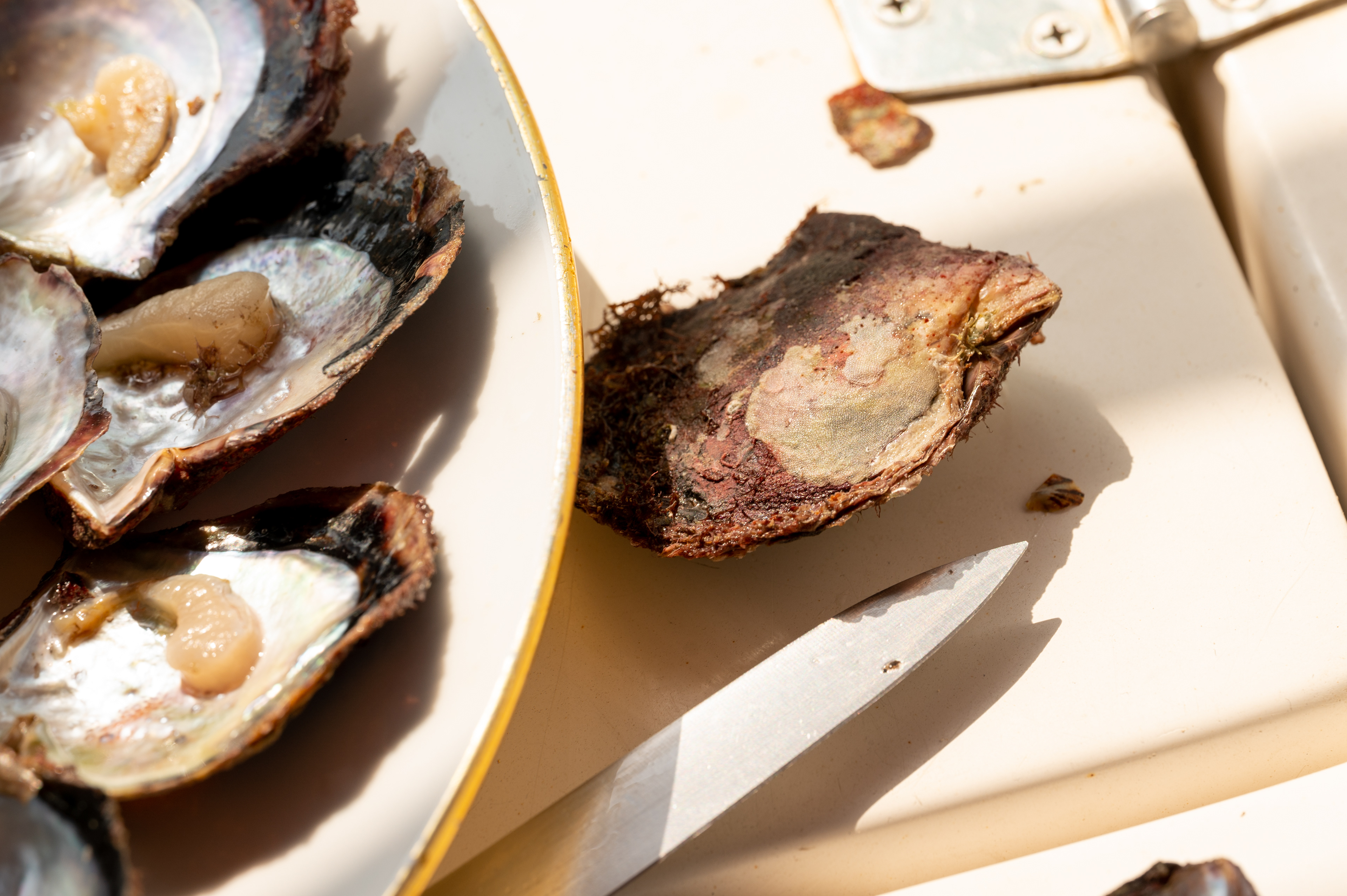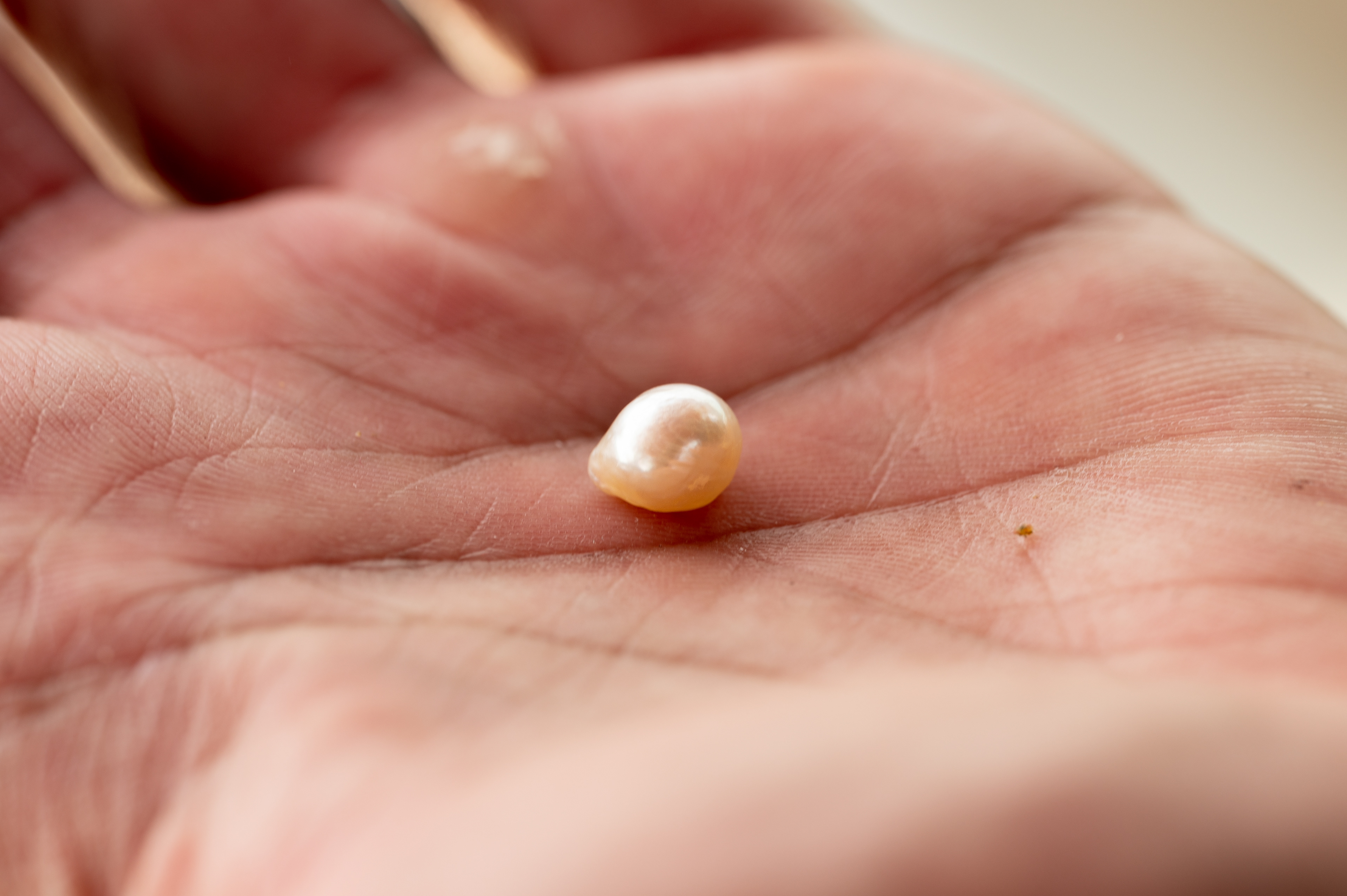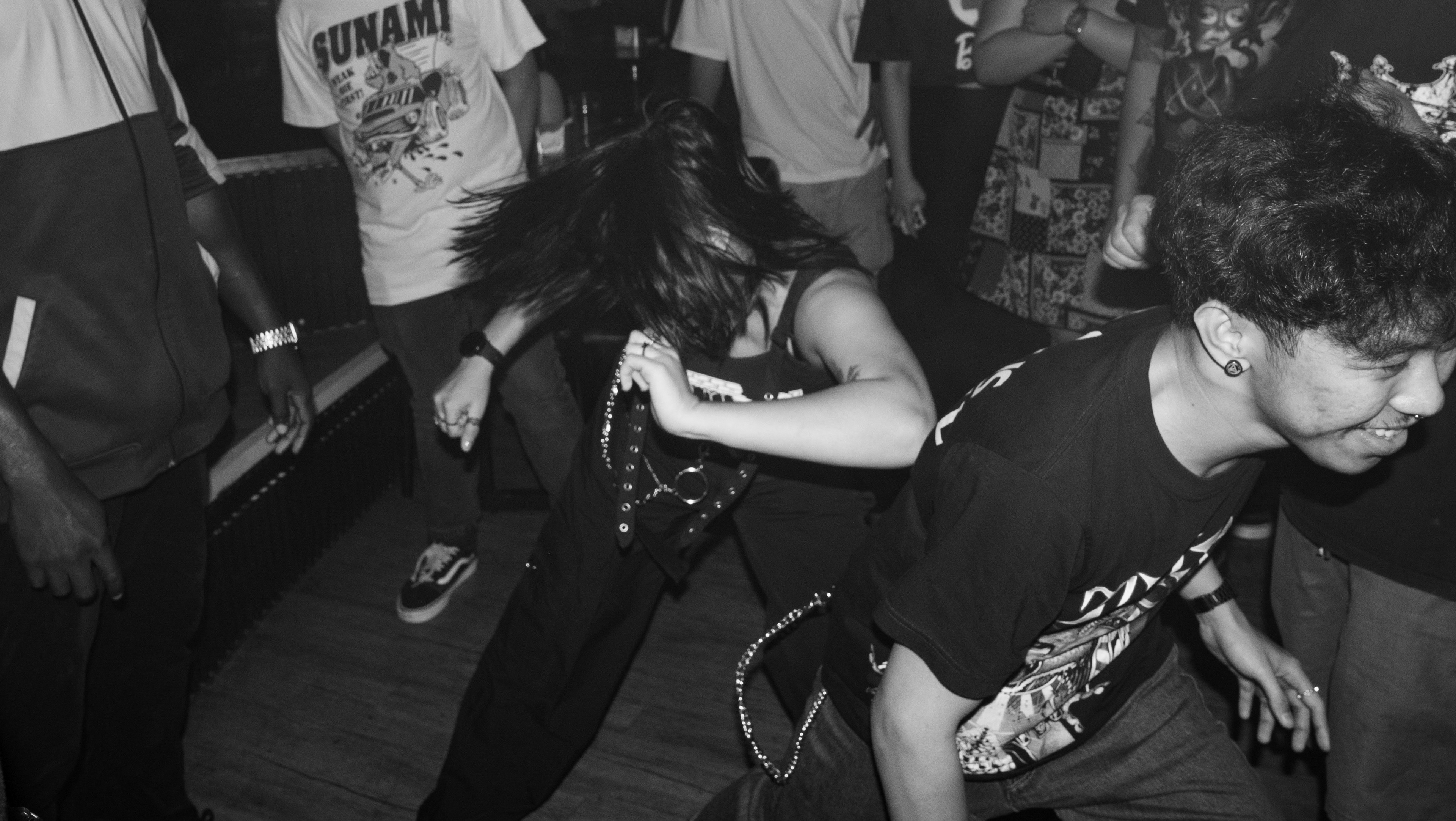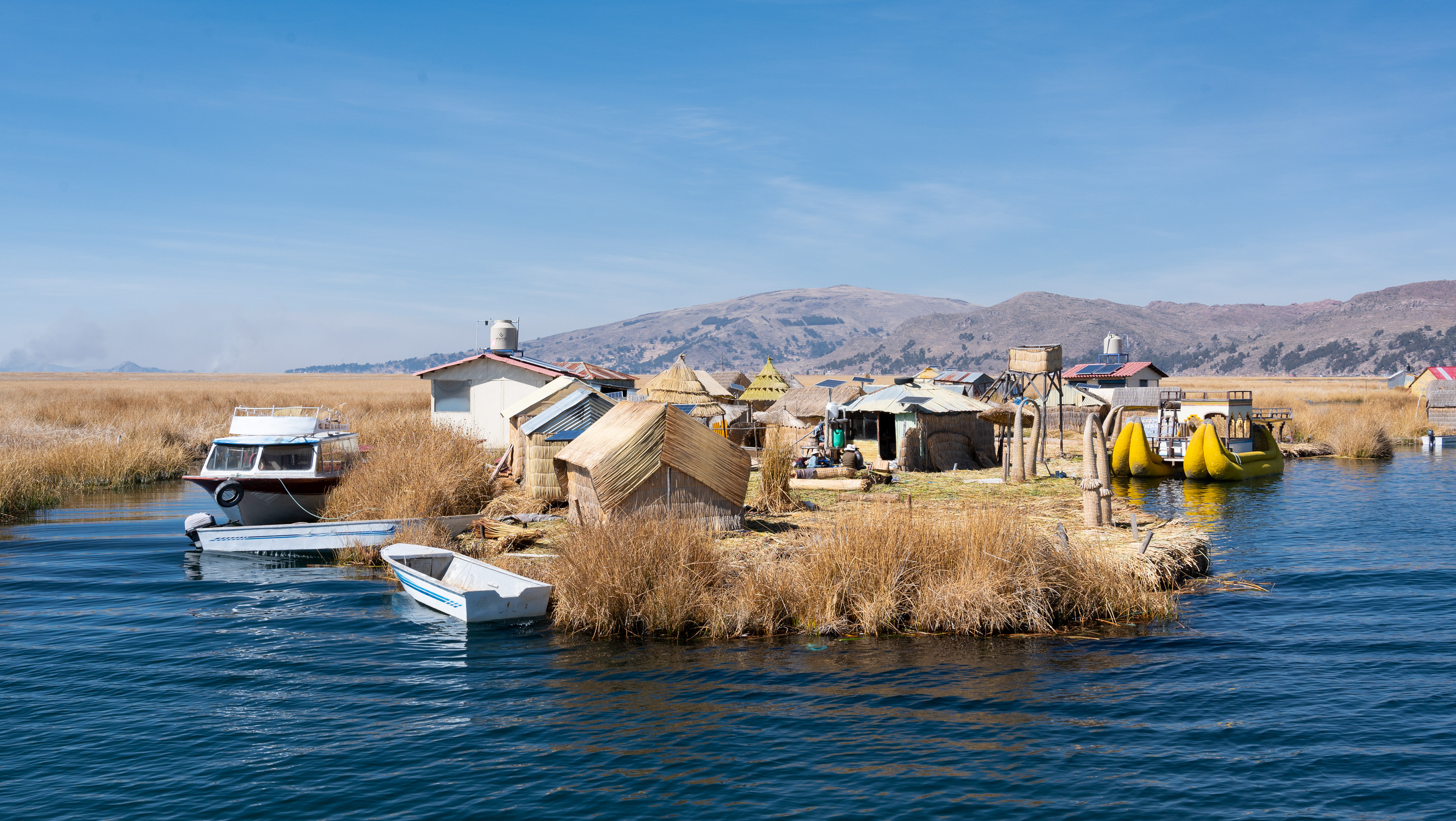Doha, Qatar – Just a century ago, the pearl trade made up three-quarters of the region’s exports.
Diving was a popular profession for Qataris before oil and gas were discovered. It was hard and dangerous work that required great skill and courage from the fishermen who hunted the pearls.
Men embarked on long voyages, often away from home for months, cramped together on the deck of a ship. Underwater, they held their breath for up to two minutes at depths of up to 18 metres (59 feet).
The demanding conditions took a severe physical toll on those men. Many never made it back home.
Mohammed Abdulla al-Sada, 36, is one Qatari carrying on the tradition. He likes to dive thrice a week, scouring the seabed for oysters, hoping to find a dana pearl.
Saad Ismail al-Jassem has a shop in Qatar’s Souq Waqif, which is packed with pearl necklaces and trinkets from the bygone industry.
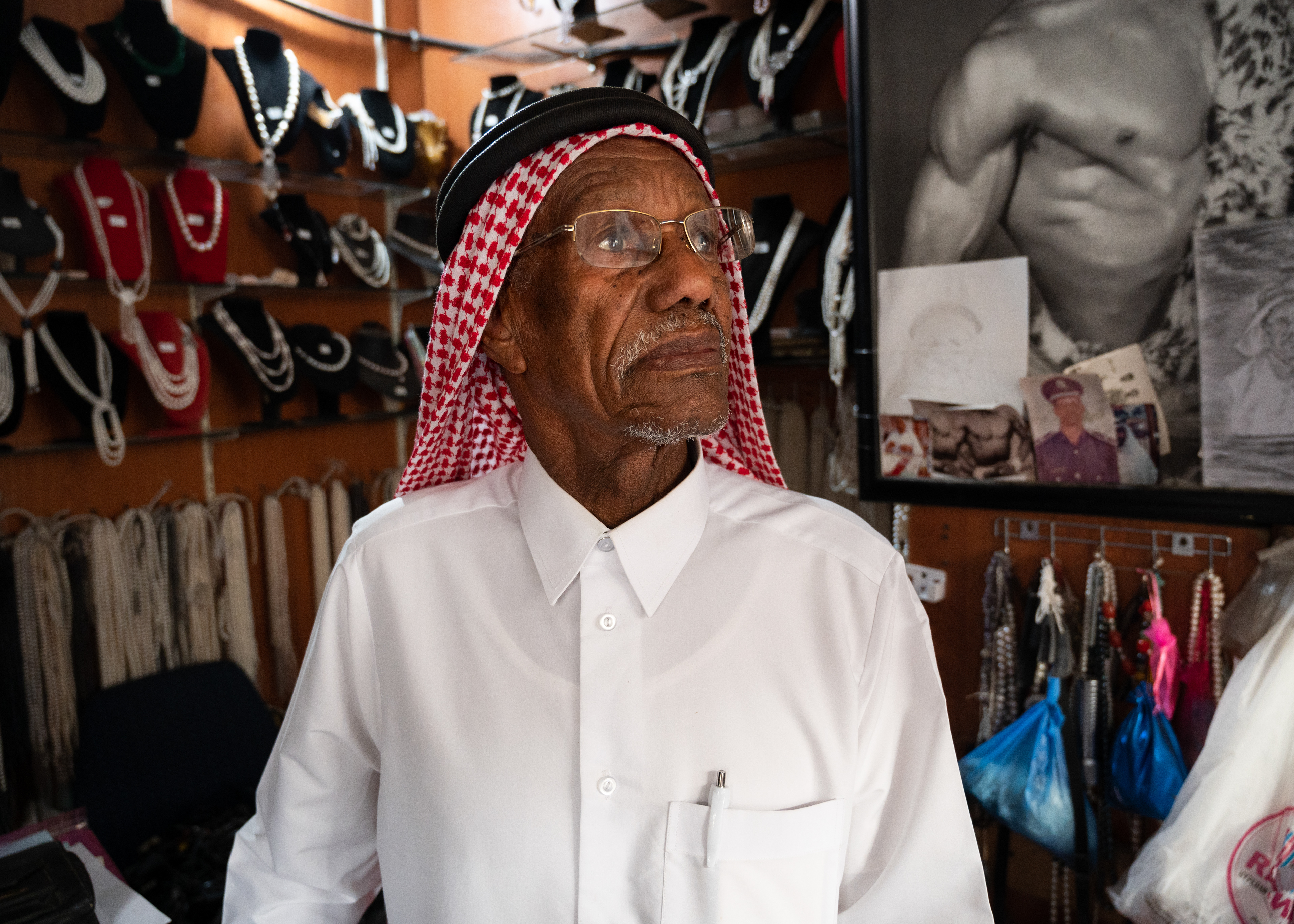
Jassem, now 87, became a pearl diver when he was 18.
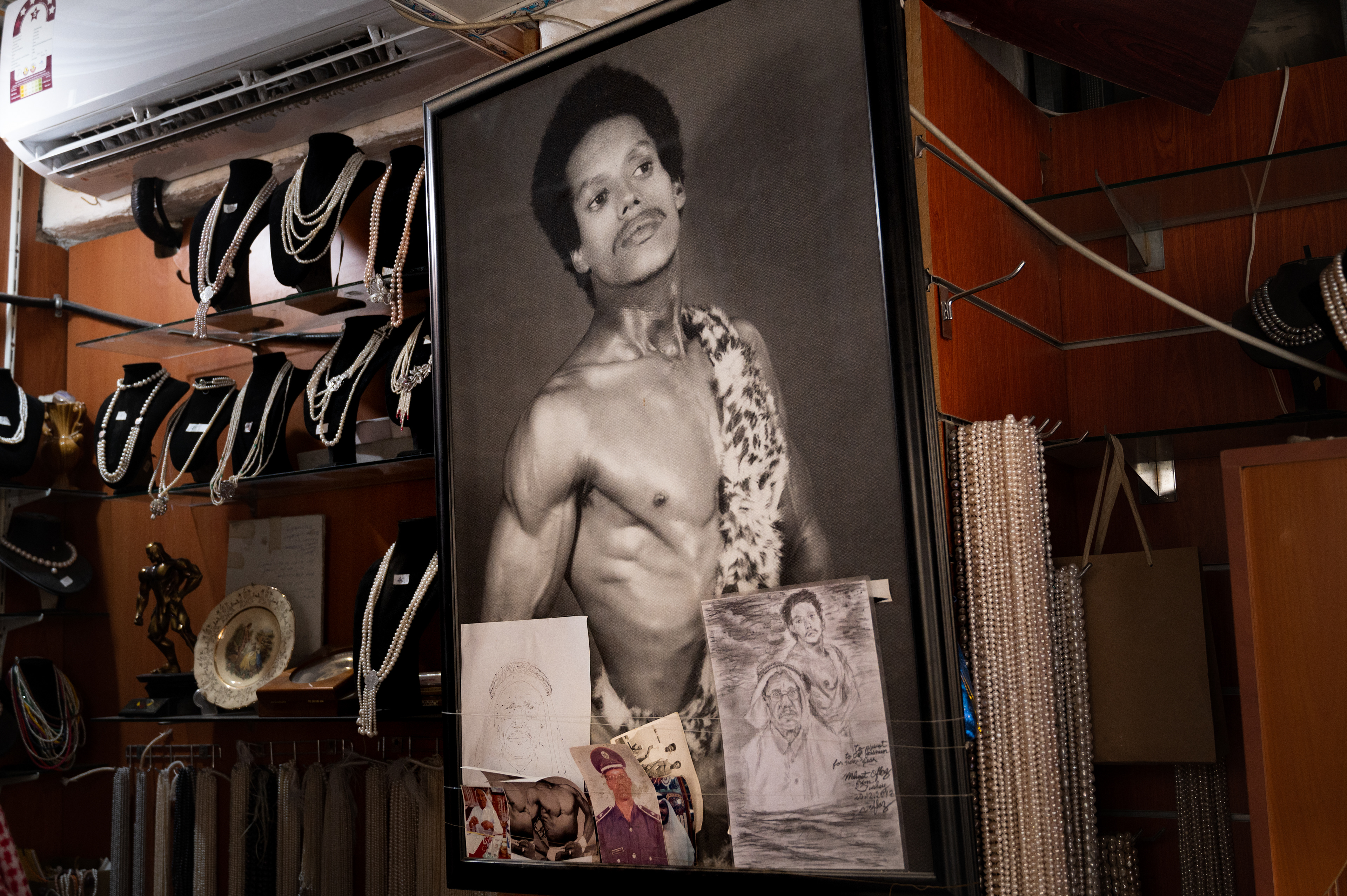
Al-Jassem was once a weightlifter. His shop bears the name 'Pahlwan', translating to 'strongman' or 'wrestler'.
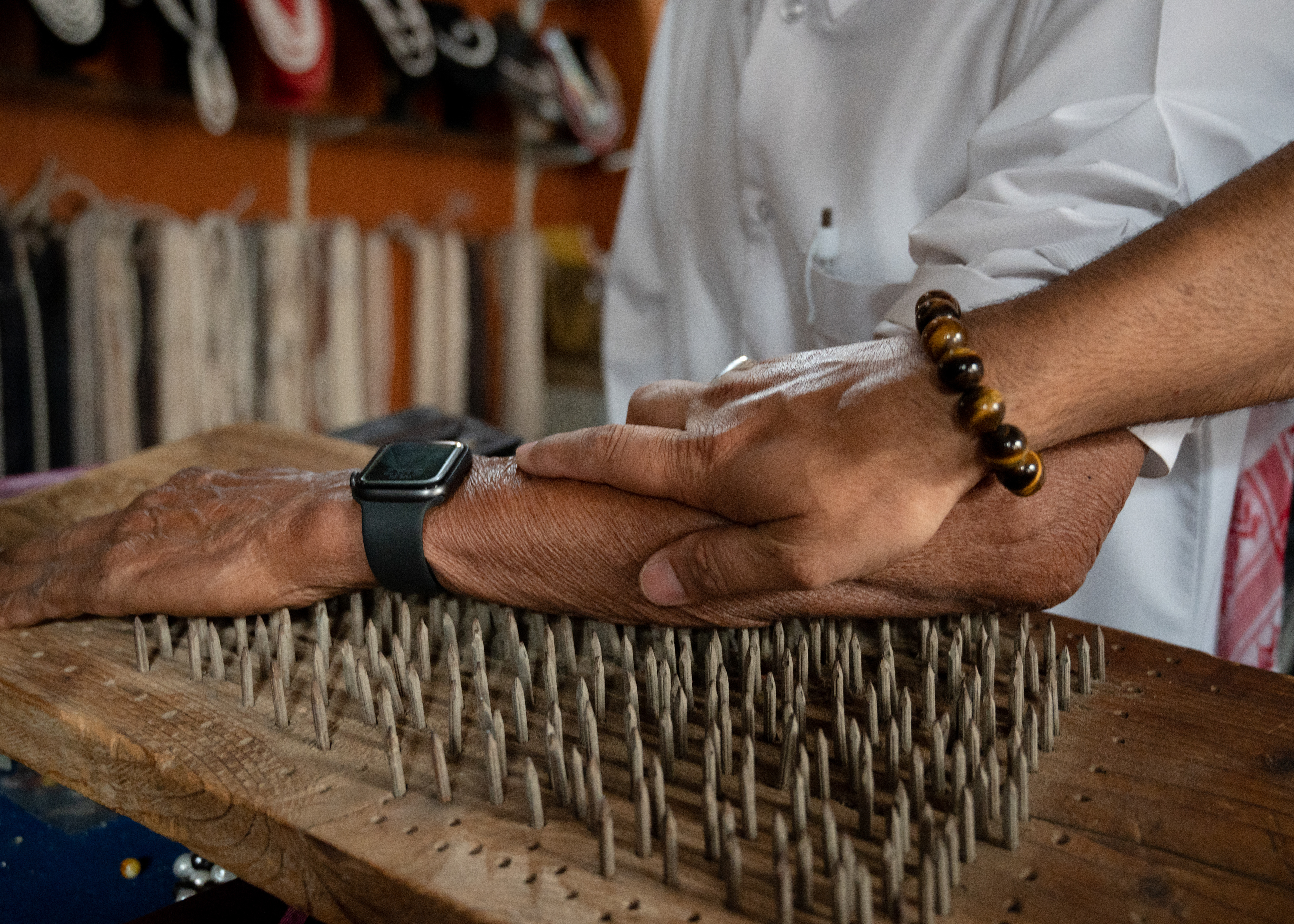
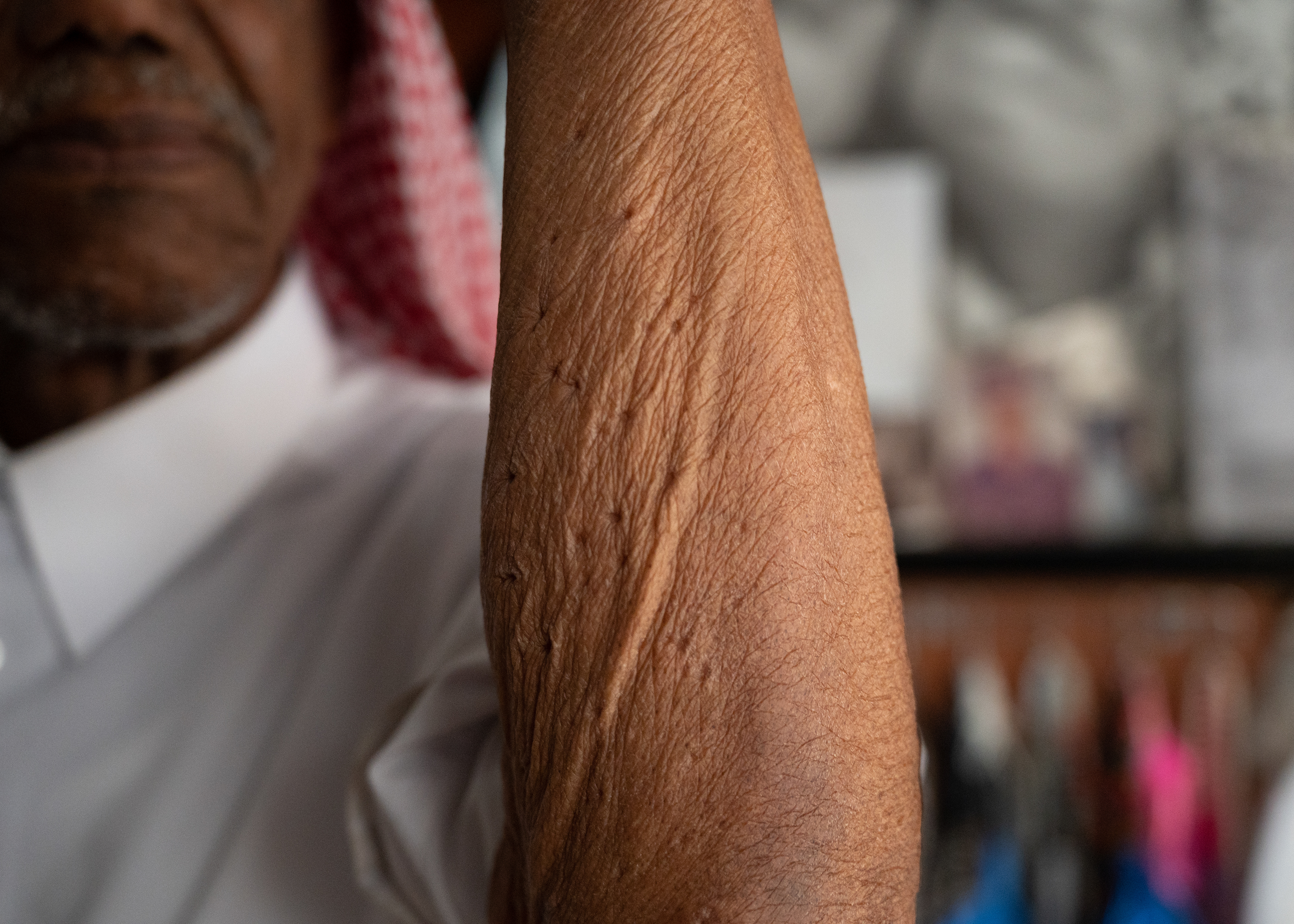
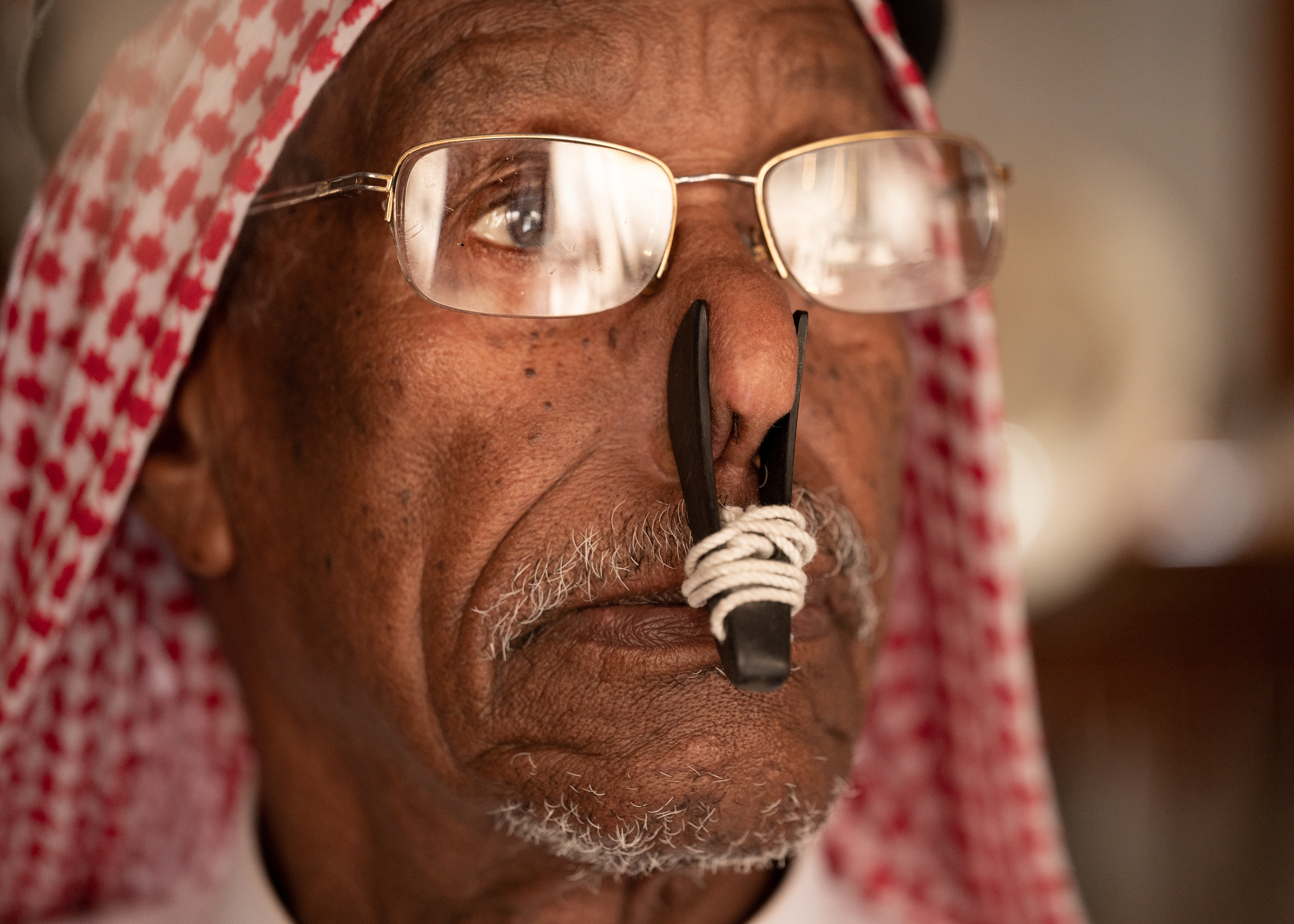
A nose clip used in the past by pearl divers. Al-Jassem says they would work from sunrise to sunset without breathing equipment or goggles.
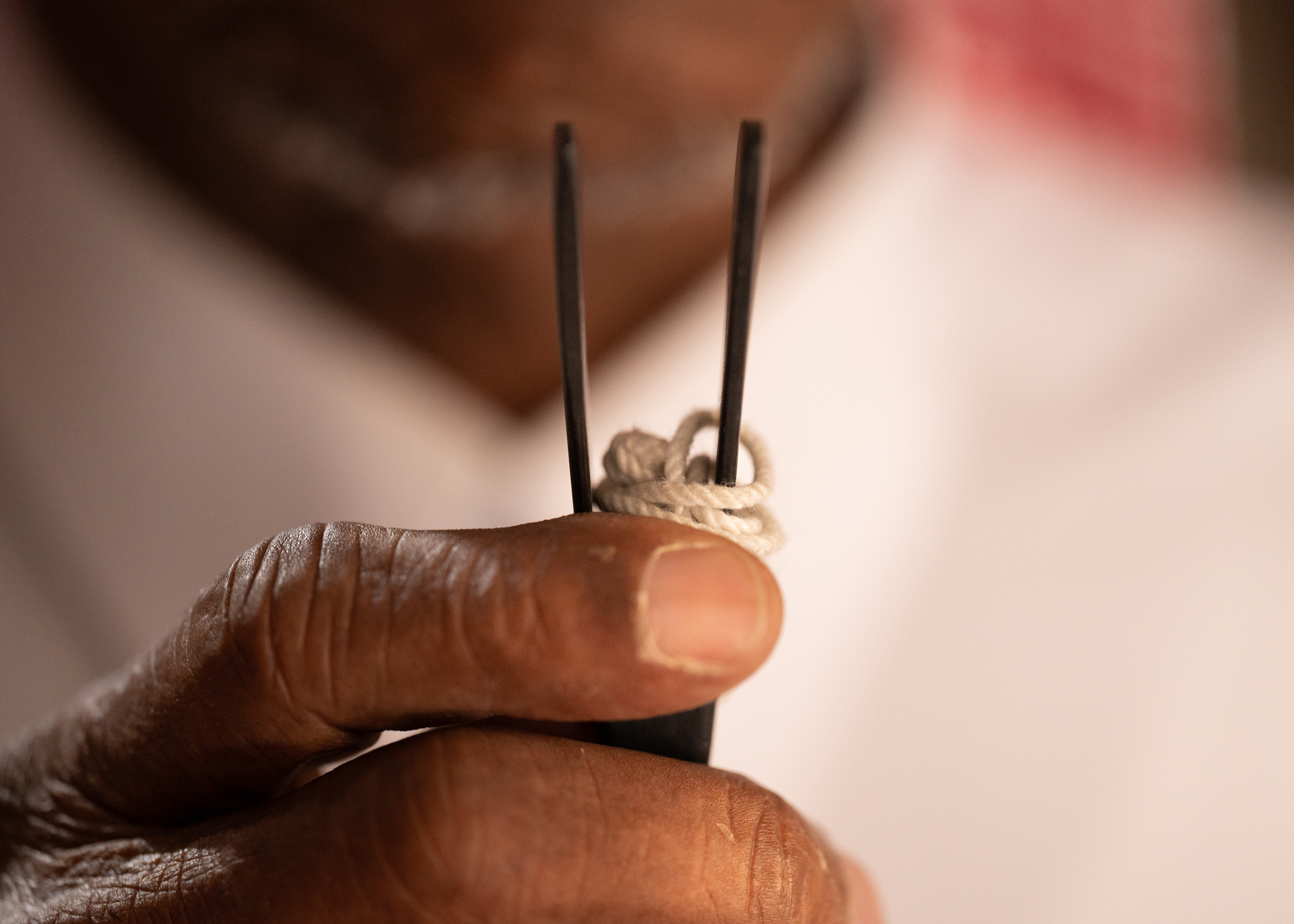
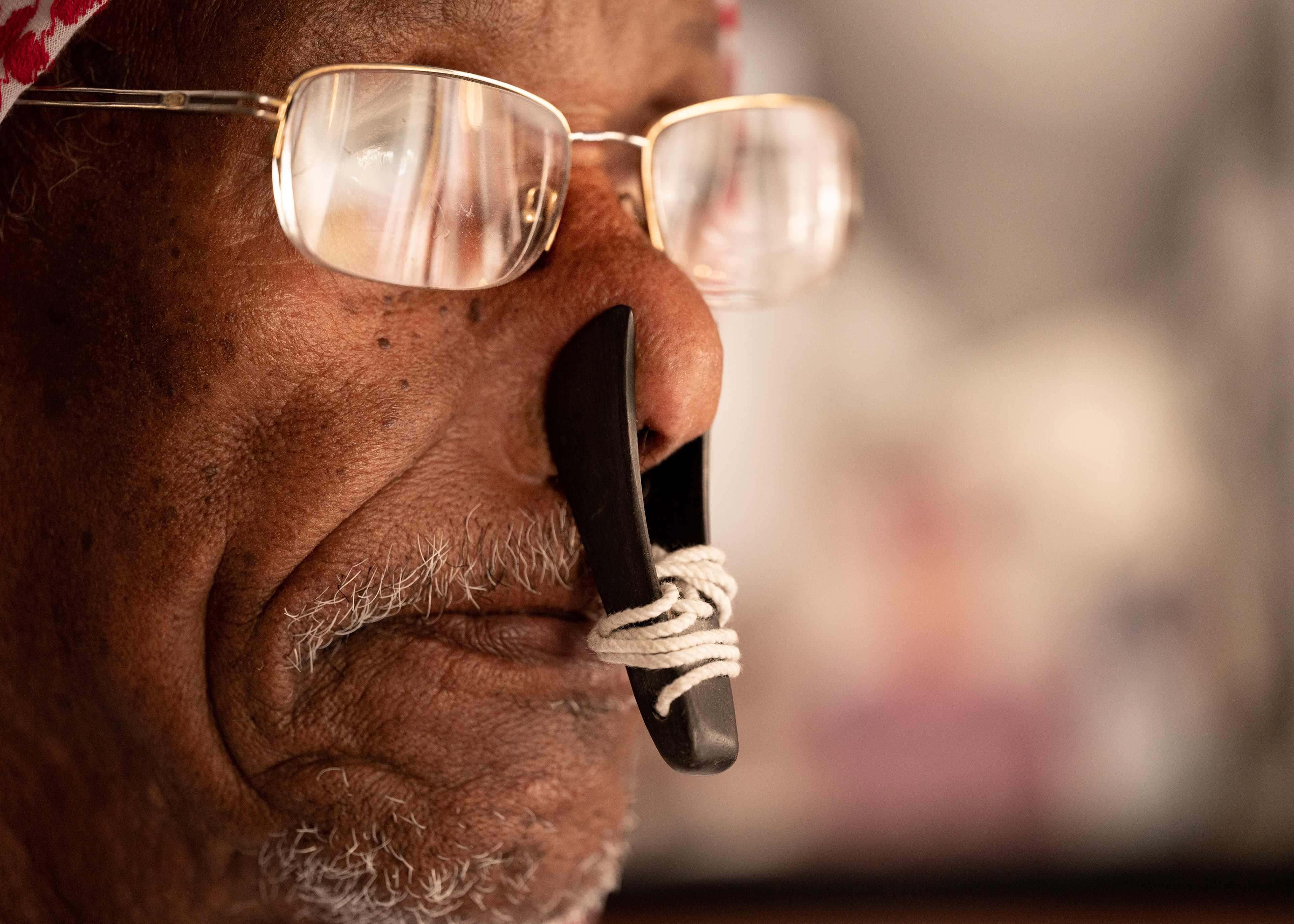
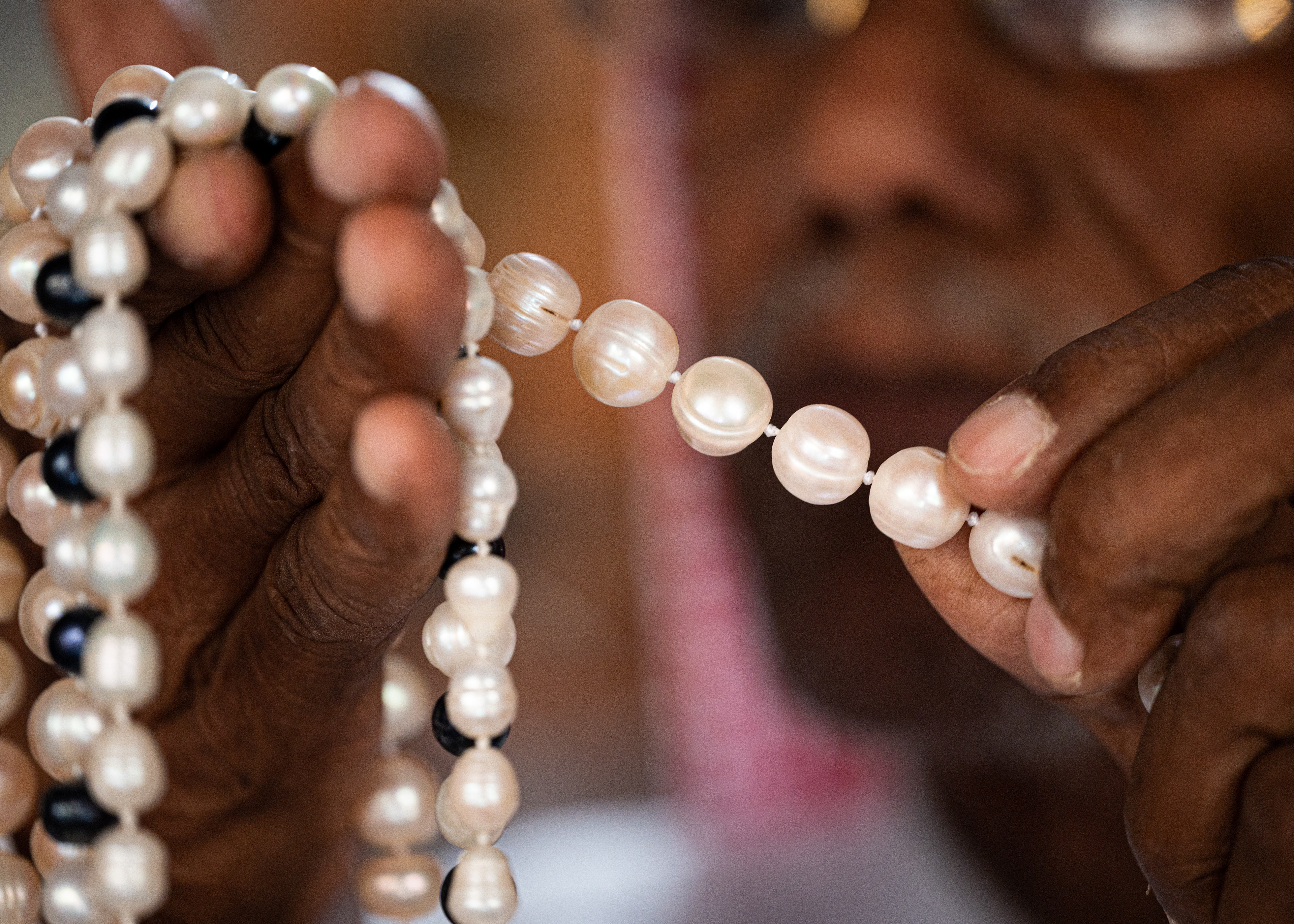
Japan began cultivating pearls in the 1920s, leading to a decline in the Arabian pearl trade.
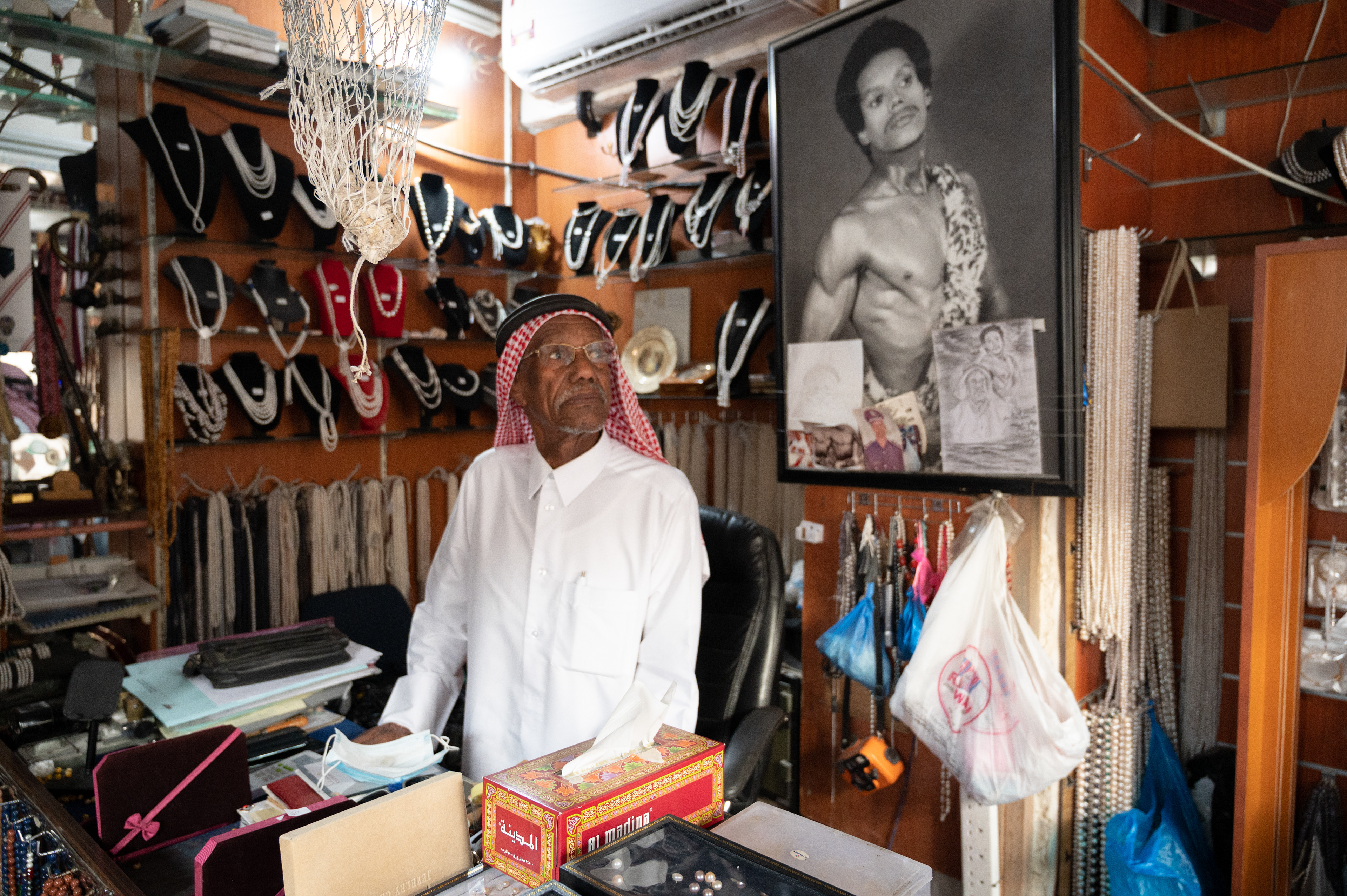
He greets visitors to his shop with tales of the trade, and demonstrations of his physical strength.
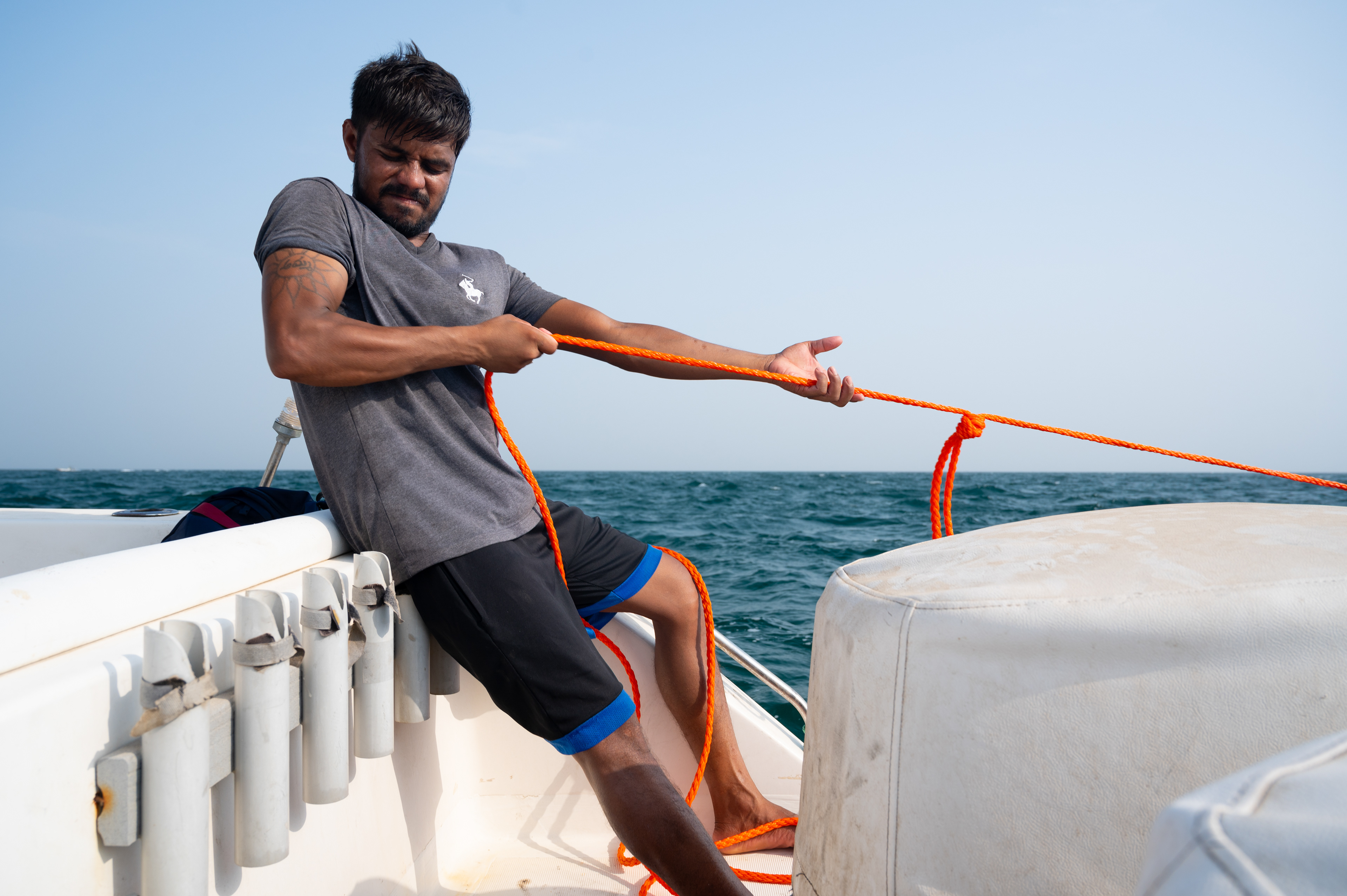
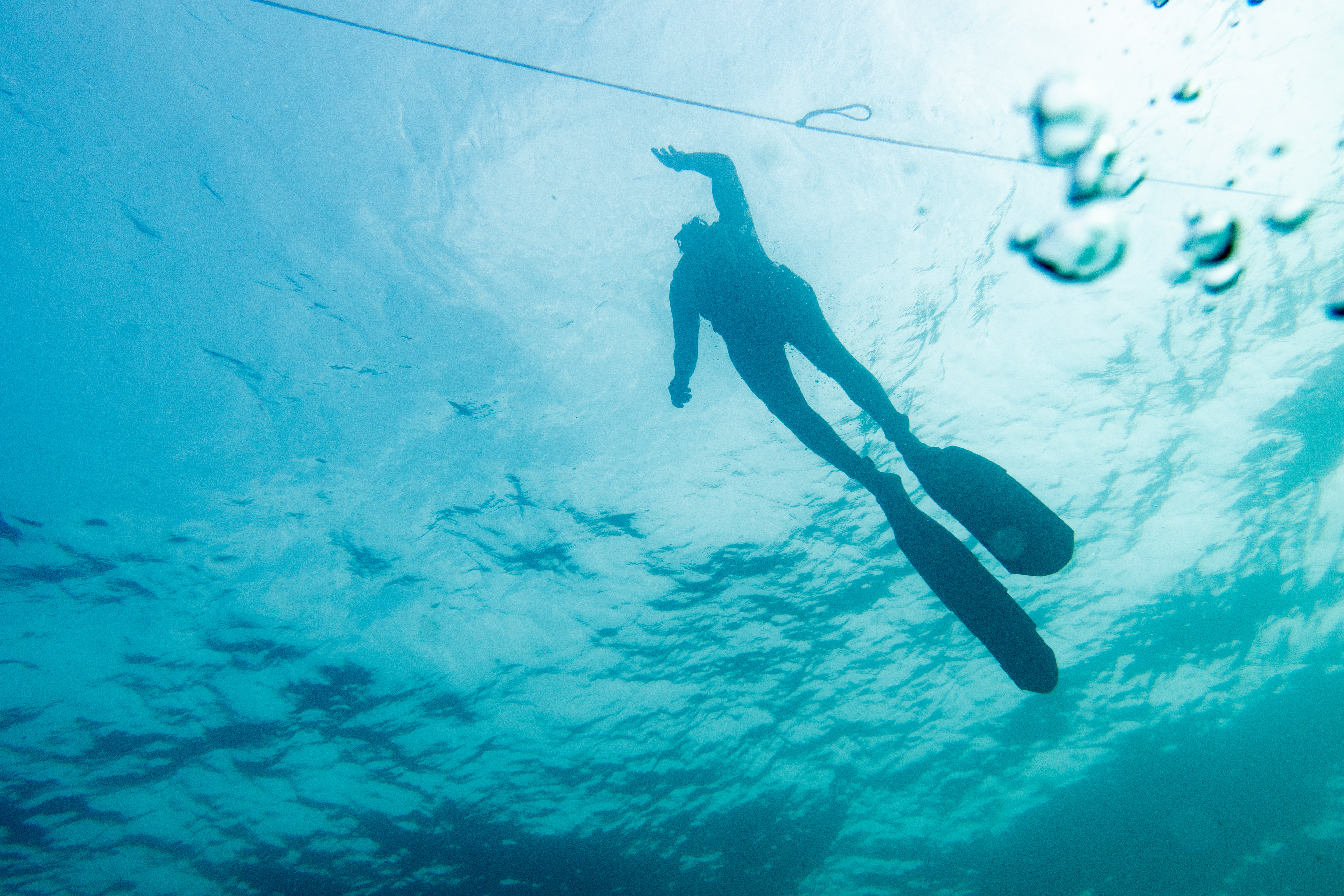
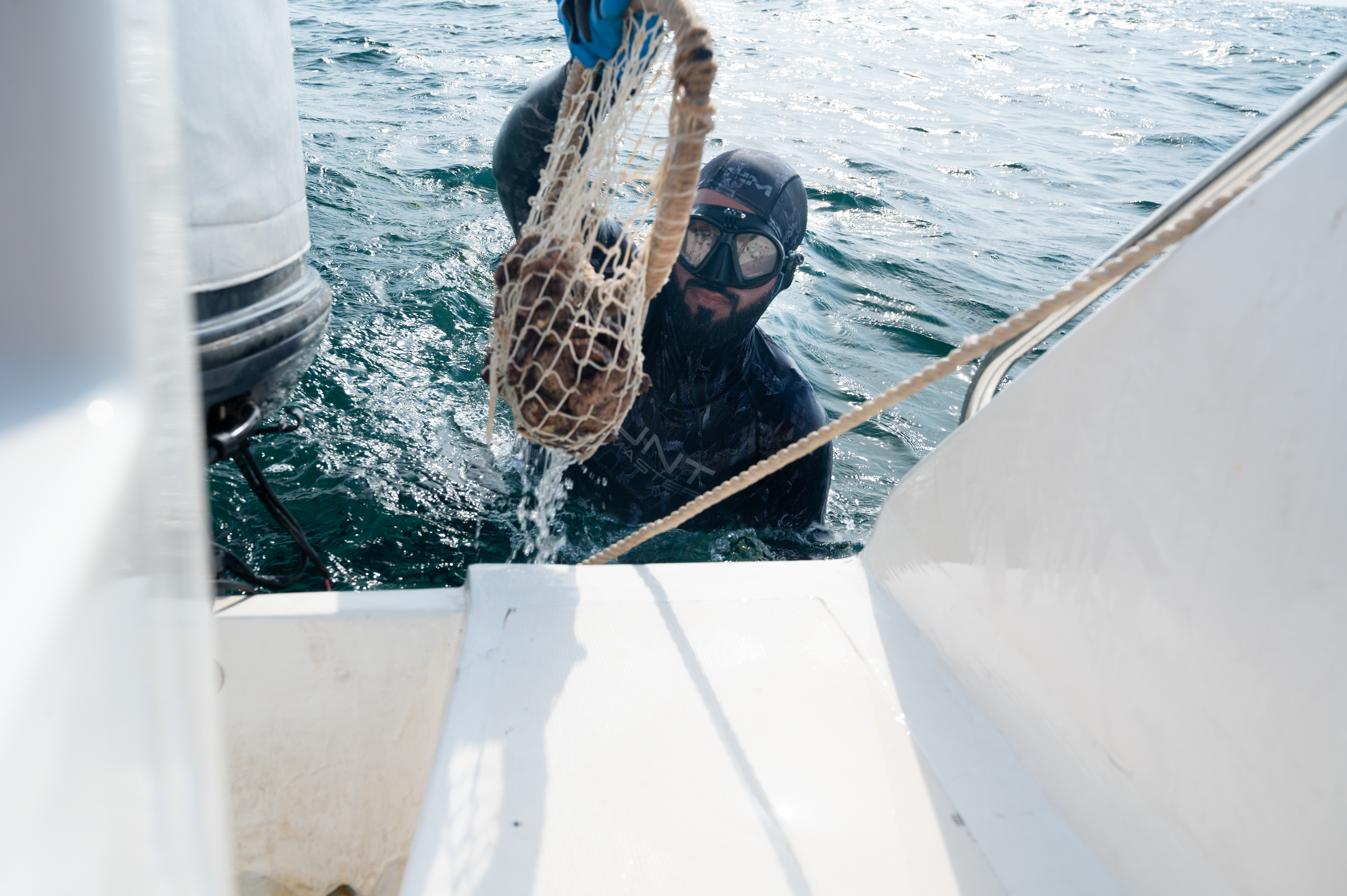
Mohammed Abdulla al-Sada dives without breathing equipment, carrying a net around his neck to collect oysters.
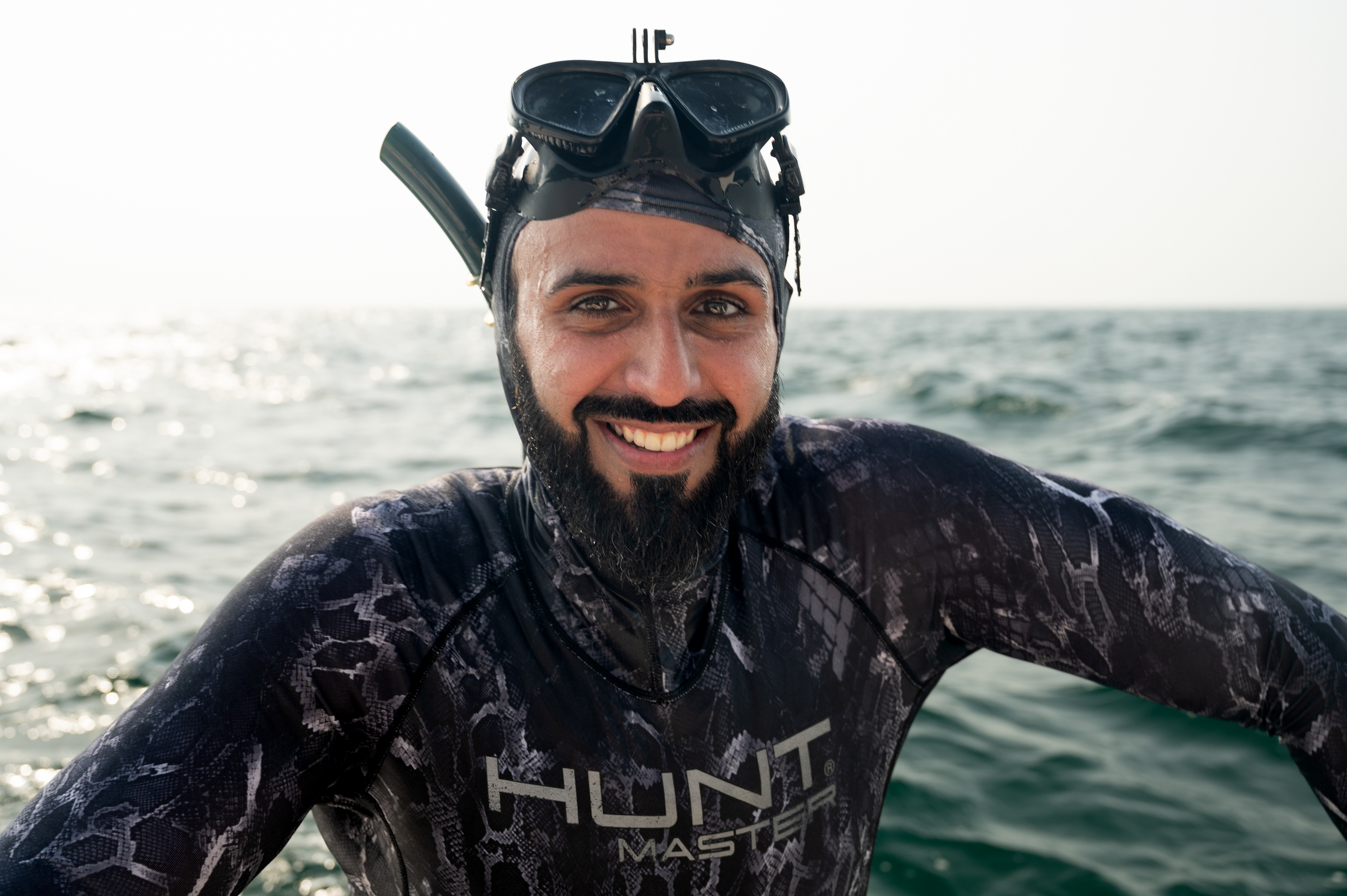
Al-Sada said he enjoys diving because 'you never know when you'll find a big pearl, you have to keep faith'.
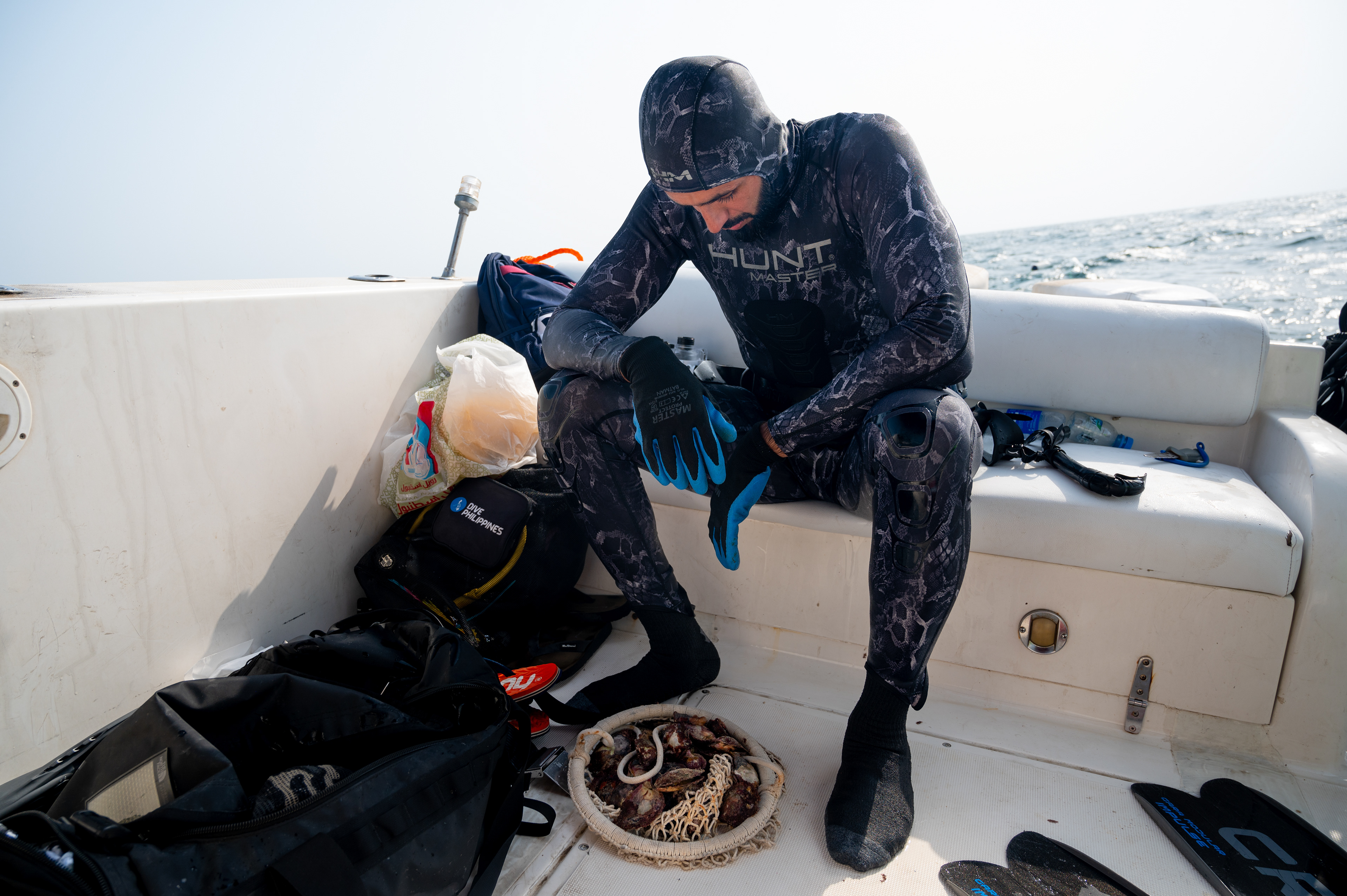
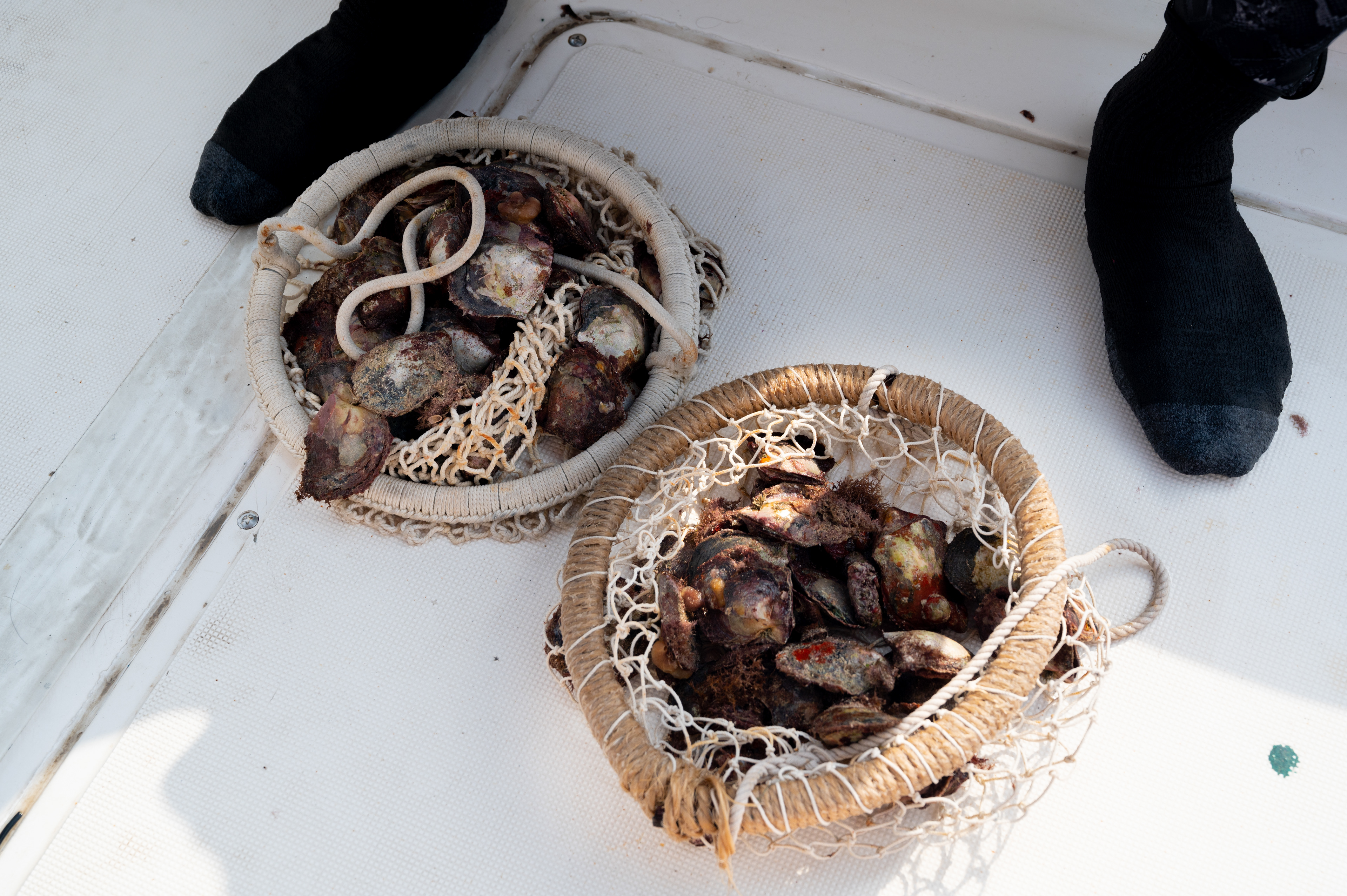
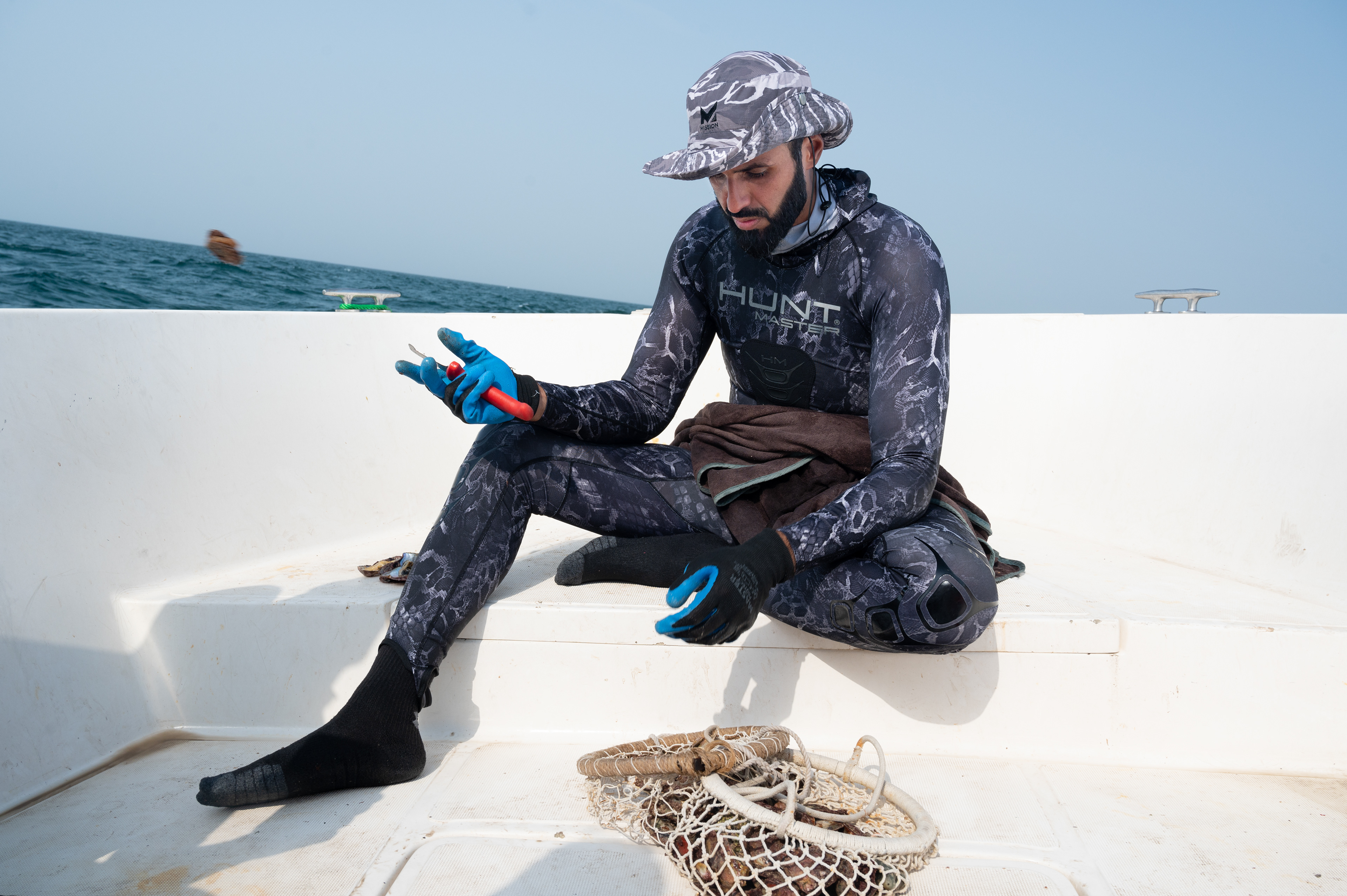
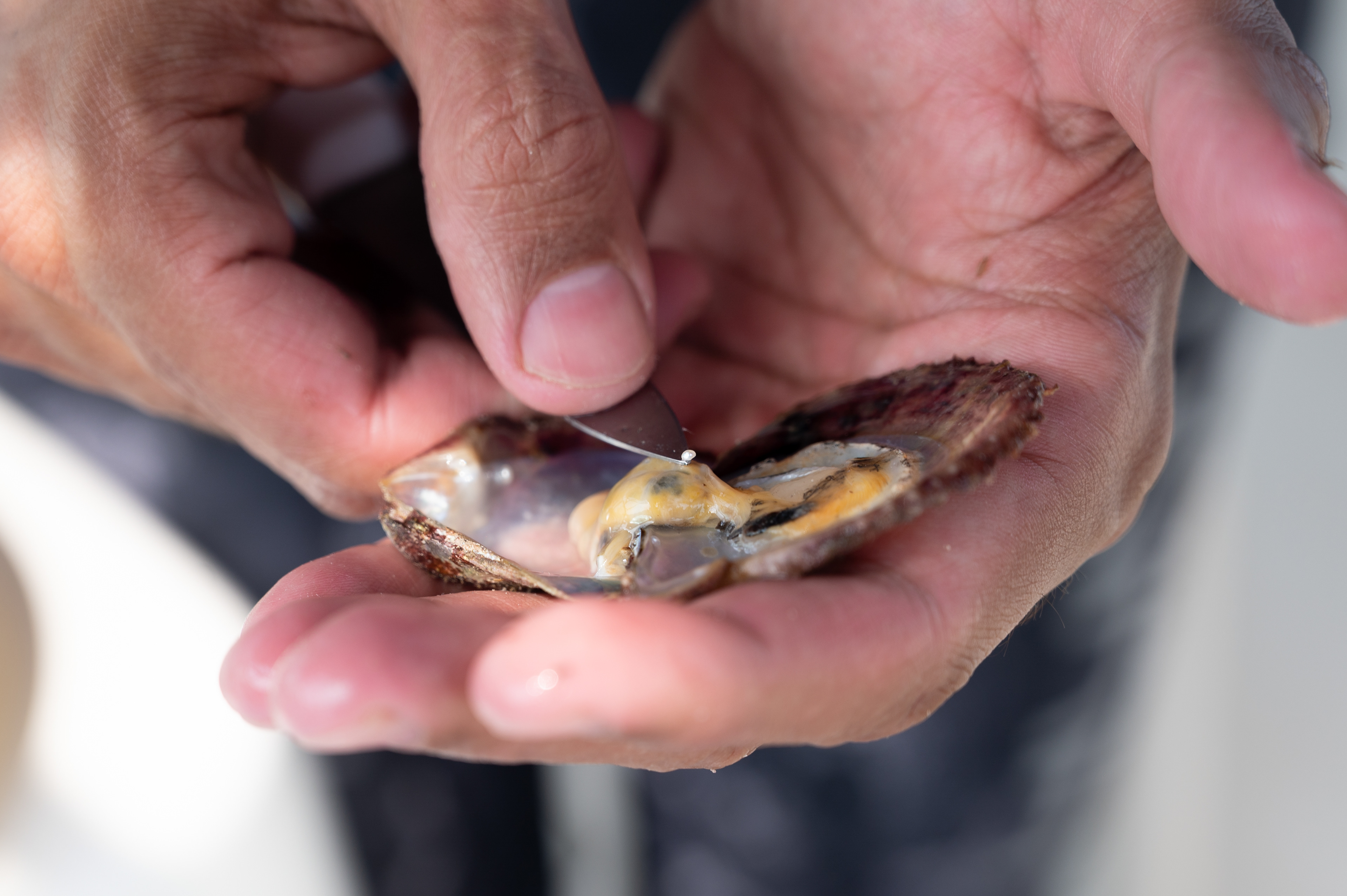
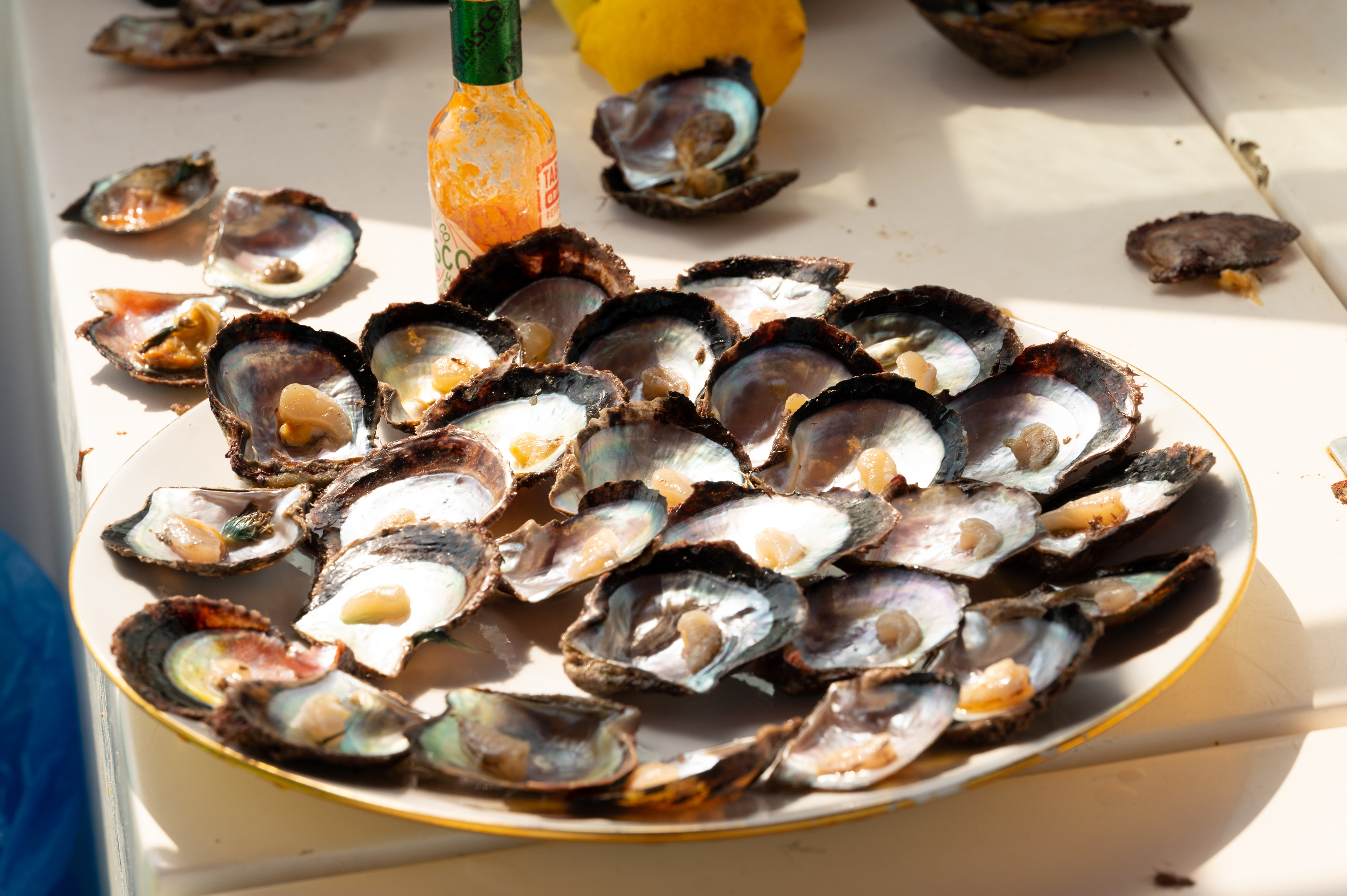
Most of the oysters without pearls are cast back into the ocean for the fish, and some are set aside for breakfast.
